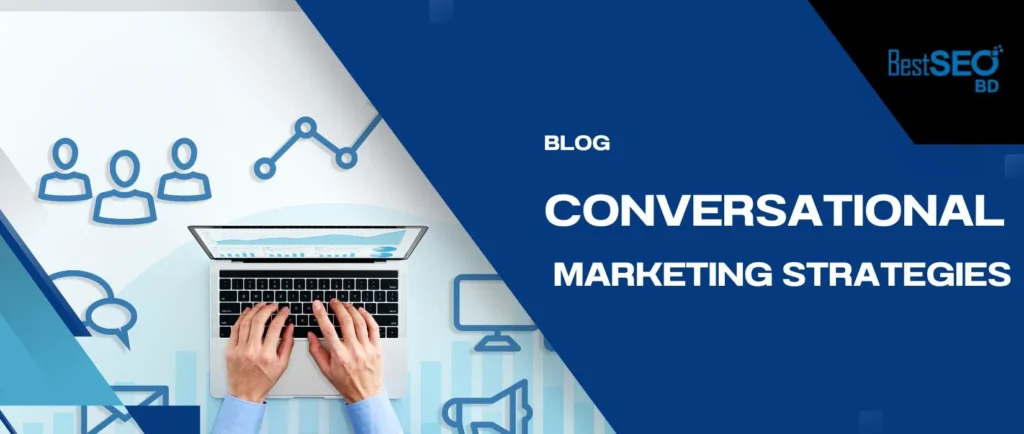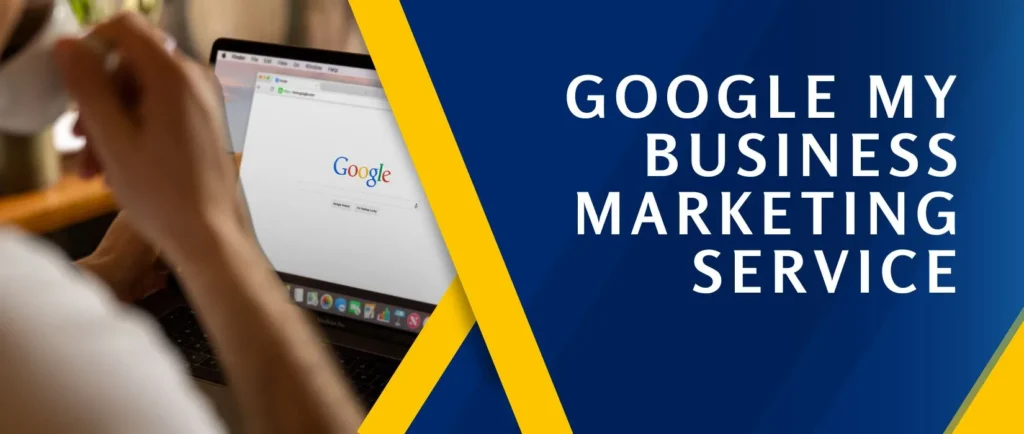In 2024, conversational marketing strategies will emerge as a dynamic and effective way for businesses to engage with their audience. This blog post aims to tell you about the details of conversational marketing, exploring its mechanisms, benefits, and how businesses can leverage it to enhance customer interactions and drive conversions.
What is Conversational Marketing?
Conversational marketing is a digital marketing strategy that prioritizes real-time, one-on-one connections between businesses and their audience. Unlike traditional marketing methods that rely on static content, conversational marketing utilizes dynamic and interactive conversations to guide prospects through the sales funnel. This digital marketing technique is facilitated through various channels, including live chat, chatbots, texting apps, and also social media platforms.
Key Components of Conversational Marketing:
- Live Chat:
Live chat allows businesses to engage with website visitors in real-time. It enables instant communication, addressing queries, providing support, and guiding visitors toward relevant products or services. Live chat is particularly effective in capturing leads and fostering a personalized connection. - Chatbots:
Chatbots are AI-powered tools designed to simulate human-like conversations. These automated systems can handle routine inquiries, qualify leads, and provide instant responses 24/7. Chatbots contribute to efficiency by freeing up human resources for more complex tasks while ensuring immediate customer interaction. - Messaging Apps:
Leveraging popular messaging apps such as WhatsApp, Facebook Messenger, or Slack, businesses can connect with their audience in platforms where users are already active. Messaging apps offer a more casual and conversational setting, fostering a sense of familiarity and ease.
How Conversational Marketing Works:
1. Initiating Conversations:
Conversational marketing often begins with the business initiating a conversation through a website popup, proactive chat invitation, or a strategically placed call-to-action. It is one of the major techniques used in Social Media Marketing. This allows companies to actively engage visitors and start a dialogue.
2. Personalization and Context:
Personalization is a cornerstone of conversational marketing. By using data and insights, businesses can tailor conversations based on the visitor’s behavior, preferences, and previous interactions. This context enhances the user experience and makes the conversation more relevant.
3. Lead Qualification:
Conversational marketing tools, such as chatbots, can be programmed to ask qualifying questions. This helps identify and prioritize leads based on their level of interest, letting businesses allocate resources effectively and focus on the most promising opportunities.
4. Guiding Through the Sales Funnel:
Conversational Marketing Strategies are designed to guide prospects through the sales funnel. Businesses can provide information, address concerns, and offer personalized recommendations, ultimately leading the prospect toward a purchasing decision.
5. Immediate Issue Resolution:
Real-time communication enables businesses to address customer concerns or issues promptly. This not only enhances customer satisfaction but also prevents potential customers from abandoning the sales process due to unresolved problems.

Benefits of Conversational Marketing:
1. Enhanced Customer Engagement:
Conversational marketing strategies foster real-time, interactive engagement, providing a more personalized and humanized experience for customers. As a result, this helps build stronger connections and increases the likelihood of conversion.
2. 24/7 Availability:
With the assistance of chatbots, businesses can provide 24/7 support and engagement, catering to a global audience across different time zone/s. This constant availability ensures that potential leads are never let go.
3. Improved Lead Qualification:
By utilizing conversational marketing tools to ask targeted questions, businesses can efficiently qualify leads. This allows for a more focused and strategic approach in nurturing and converting prospects.
4. Efficiency and Cost-Effectiveness:
Automated conversational tools, such as chatbots, contribute to operational efficiency by handling routine inquiries and tasks. This not only saves time but also reduces the need for additional manpower, making it a cost-effective solution.
FAQ (Frequently Asked Questions)
Are chatbots suitable for all businesses?
While chatbots can benefit a wide range of businesses, their suitability depends on factors such as the industry, the complexity of customer inquiries, and the target audience. Moreover, businesses in customer-centric industries like e-commerce, SaaS, and healthcare often find chatbots highly beneficial.
How can businesses ensure the security of customer data in conversational marketing?
Security is a priority in conversational marketing. Businesses should choose reputable platforms with robust security measures. Additionally, it’s essential to comply with data protection regulations, regularly update security protocols, and communicate transparently with customers about data handling practices.
Can conversational marketing be integrated with other marketing strategies?
Absolutely. Conversational marketing complements other strategies seamlessly. It can be integrated with email marketing, social media campaigns, and also content marketing to create a cohesive and holistic approach to customer engagement.
How do businesses measure the success of conversational marketing efforts?
Key performance indicators (KPIs) for conversational marketing include engagement rates, lead qualification rates, resolution time for customer inquiries, and conversion rates. Moreover, Analytics tools and platform-specific metrics can help businesses track and assess the success of their conversational marketing efforts.
Conclusion
Conversational marketing has transformed the way businesses interact with their audience, providing a personalized and immediate approach to customer engagement. By using tools such as live chat, chatbots, and messaging apps, businesses can initiate live conversations, qualify leads, and guide prospects through the sales funnel. Enhanced customer engagement, 24/7 availability, improved lead qualification, and operational efficiency are some of the most significant benefits of applying conversational marketing strategies.


